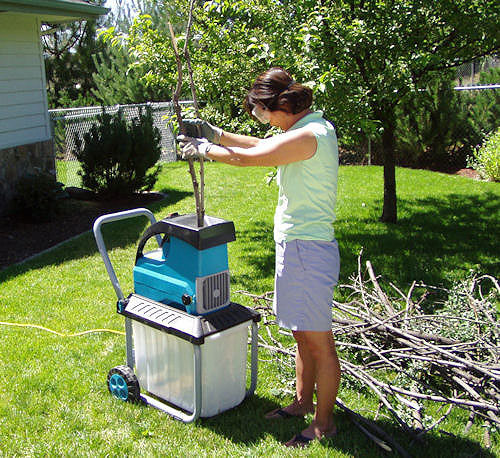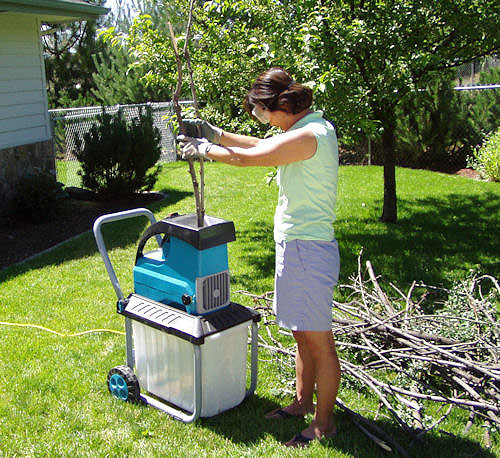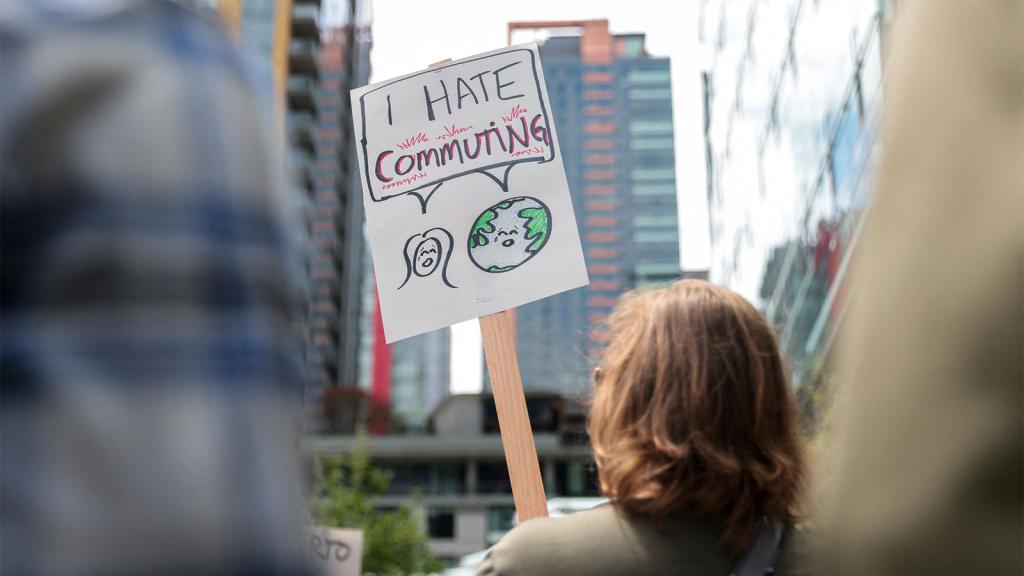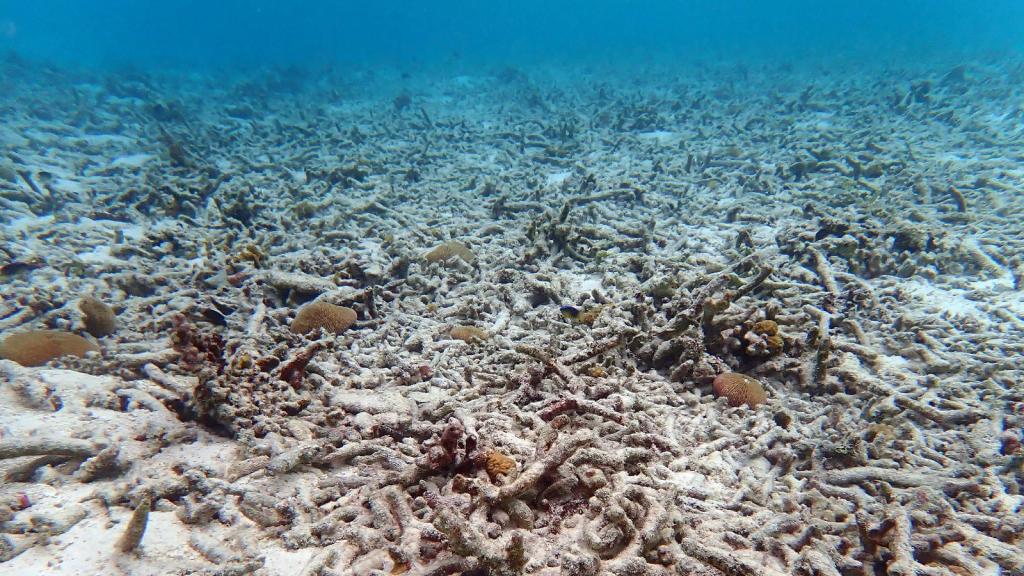Send your question to Umbra!
Q. Dear Umbra,
Is it better to use a gas-spewing grinder/chipper to mulch up yard waste for plant beds or just burn it? I am thinking you will be tempted to say do neither and let it rot in place, but many don’t have a big enough yard to leave piles of leaves, sticks, and branches lying around for years.
Steve W.
Waynesville, N.C.
A. Dearest Steve,
Ah, it’s not a simple as either/or. Your county or state may have rules prohibiting the burning of brush and yard waste. Look on the EPA Backyard Burning pages to get started on the rules in North Carolina or other states. Burning non-vegetative trash, I remind us all, is always a no-no.
If your only two choices are burning or gas-powered chipping, then I say go for gas-powered chipping. Today’s column does not end there, however. We can think of a variety of ways to wiggle out of the rock and hard place.
 Destroying the evidence.One is to rent or buy an electric chipper. These are generally smaller and less powerful than a gas-powered chipper, but in my brief research on the matter (i.e., do these things actually do the job? yes), I found that a decent one should shred leaves and chip branches up to 1.5 to 2 inches. Two brands seemed to rise to the top in internet chat: the McCullough and the Patriot. They are available for internet purchase, but whether you yourself will be able to find a rental one is unknown.
Destroying the evidence.One is to rent or buy an electric chipper. These are generally smaller and less powerful than a gas-powered chipper, but in my brief research on the matter (i.e., do these things actually do the job? yes), I found that a decent one should shred leaves and chip branches up to 1.5 to 2 inches. Two brands seemed to rise to the top in internet chat: the McCullough and the Patriot. They are available for internet purchase, but whether you yourself will be able to find a rental one is unknown.
It’s possible to reduce the amount of electricity/gas consumed by any shredder by reducing the amount of stuff needing chipping. You could, of course, achieve this by letting your yard go to the dogs and never pruning, raking, or tidying. But there are less drastic steps. Unchopped deciduous leaves make an excellent mulch for ornamental beds year-round and for vegetables during the winter. A machete is handy for chopping smaller, non-woody items; pile the stuff atop a tarp and hack away until everything is smaller or your blisters get bad. Then mound it all into a four-by-four compost pile, add water, and turn it over weekly for a month. Larger pieces of burnable wood can be set aside to cure for a woodstove, if you or a friend use one to heat your home (I know very little about life in North Carolina, in case that isn’t already obvious).
What else … sculpture? Woven fencing? Bean teepees? I welcome suggestions.
Mulchily,
Umbra


